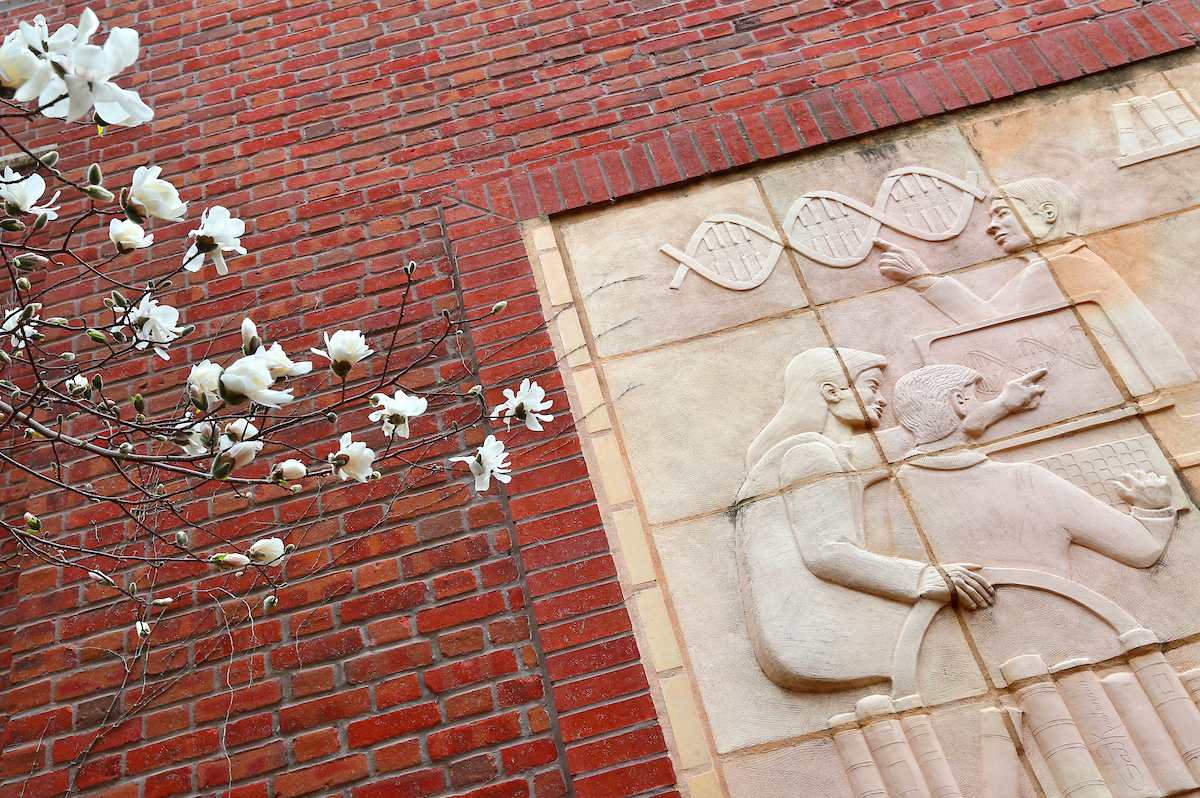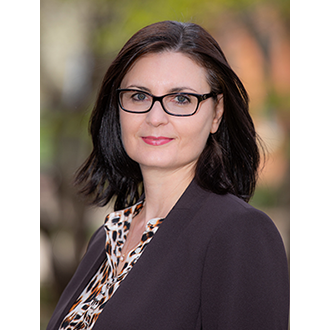The graduate faculty in various programs handle admission and classification of graduate students, establish requirements for advanced degrees, and have charge of instruction and research at the graduate level. Graduate faculty members also teach graduate courses, serve on program of study (POS) committees, and direct work of master’s and doctoral students. All graduate courses offered for major or nonmajor credit are taught by graduate faculty members or graduate lecturers.
Graduate education is vital to the quality of university teaching. The creative efforts of graduate faculty members and graduate students result in knowledge necessary to help society solve problems in educational, scientific, technological, and socio-economic areas. The Graduate College encourages educational exchange and contact with undergraduate areas of the university to promote improved teaching on both the undergraduate and graduate levels. A part of this exchange is accomplished by the publication of books and technical articles which are made possible by graduate research.
The degrees Master of Arts, Master of Science, and Doctor of Philosophy are research oriented. In many fields master’s degrees are also awarded without a thesis, but a written report of independent study, called a creative component, is generally required. Coursework only degrees are available for those individuals interested in advanced study directed toward meeting vocational or professional objectives. Information on other types of master’s degrees can be found in the Graduate College Handbook.



